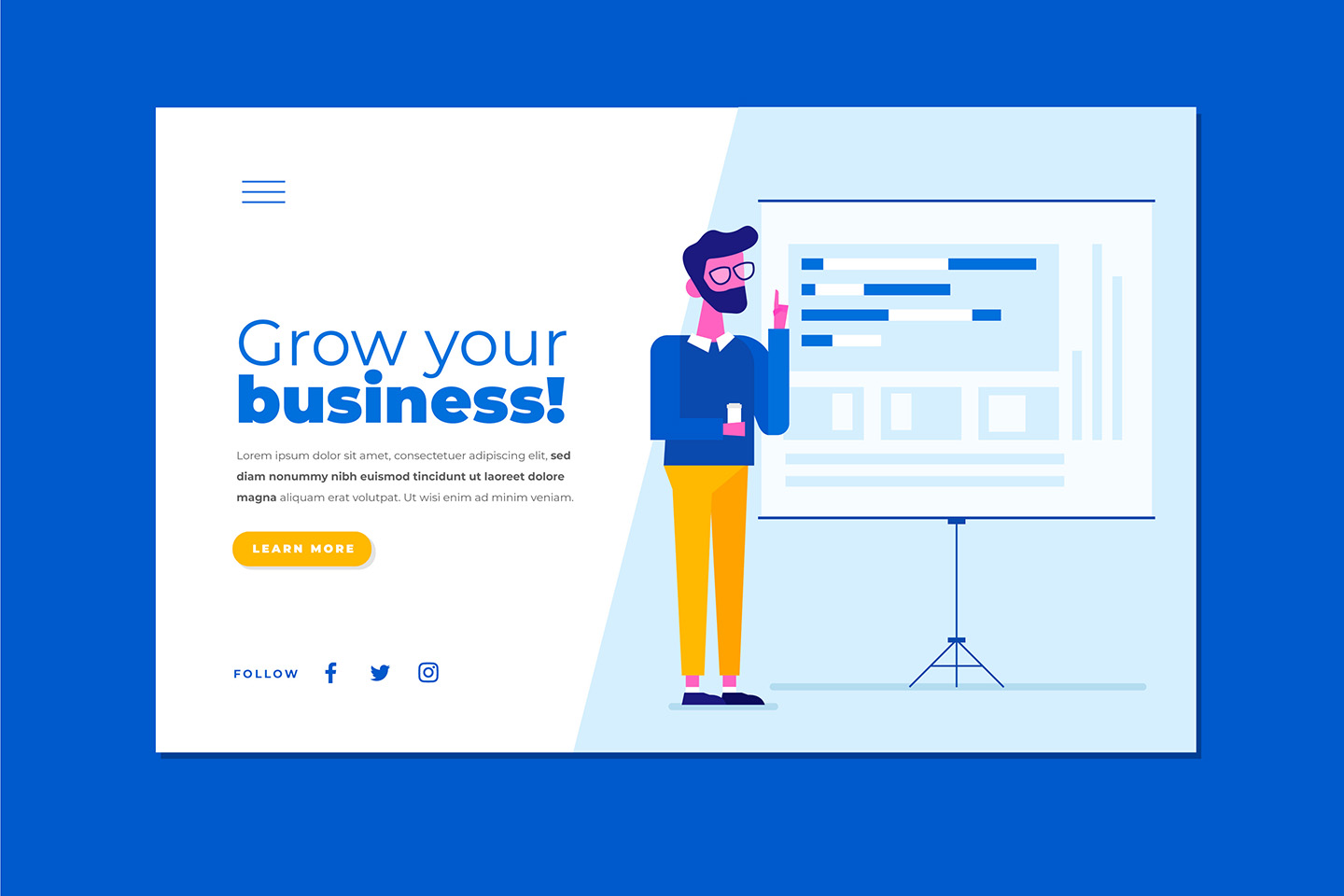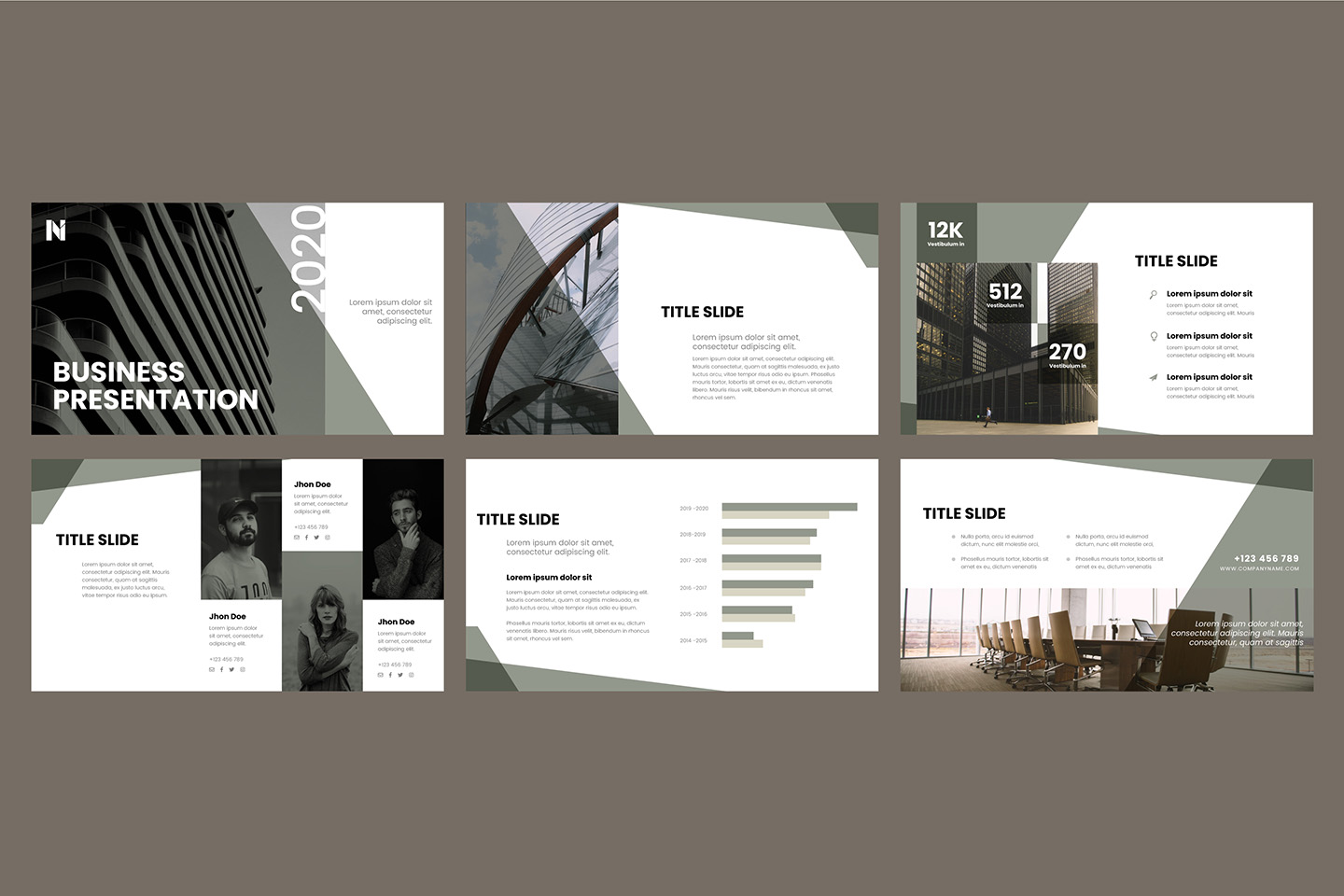Have you ever stared at a blank PowerPoint slide at 2 AM, scrambling to craft the perfect presentation for a make-or-break meeting? For countless professionals, students, and entrepreneurs, building slide decks has long been a frustrating, time-consuming process. But now, there’s a smarter way forward: the AI Presentation Generator—a cutting-edge tool that's redefining how we create presentations.
In today’s fast-moving digital world, AI-powered presentation generators are revolutionizing the way we work. These intelligent tools promise to eliminate the stress of starting from scratch, drastically cut down on prep time, and boost creativity. But what exactly do they offer, and how do they compare to traditional methods? Let’s explore this breakthrough technology that's transforming the presentation game.

What is a presentation builder?
A presentation builder is an AI-driven tool designed to automate and enhance the process of creating professional presentations. These advanced platforms leverage machine learning algorithms, natural language processing, and design automation to transform basic text input, topics, or short descriptions into beautiful and visually engaging slides.
Imagine having a design-savvy colleague who never sleeps, is full of creative ideas, and can create presentations in minutes instead of hours. The technology behind these tools has evolved significantly, and modern presentation AI builders are able to understand context, maintain brand consistency, and even adapt content to specific audiences.
The market for AI presentation tools has experienced explosive growth, and according to industry reports, the global AI presentation builder market is valued at approximately $534 million in 2024 and is expected to reach $1,094 million by 2031. The 11.0% CAGR reflects the growing adoption across sectors, from corporate environments to educational institutions.
Core Features and Technical Capabilities
Intelligent Content Generation
Modern AI presentation generators excel in transforming minimal input into comprehensive content. Users can simply provide a topic, outline, or even just a few keywords, and the AI generates relevant slide content, including:
- Structured talking points and bullet lists
- Contextually appropriate headlines and subheadings
- Supporting statistics and data points from integrated databases
- Industry-specific terminology and concepts
The underlying natural language processing models, often based on transformer architectures similar to GPT technology, analyze billions of text samples to understand context and generate coherent, relevant content.
Advanced Design Automation
Beyond content creation, these tools incorporate sophisticated design engines that automatically:
- Select appropriate color schemes and typography combinations
- Position elements according to design best practices
- Maintain consistent visual hierarchy across slides
- Optimize layouts for readability and visual impact
Template Intelligence and Customization
Free AI presentation generators and premium versions alike offer extensive template libraries powered by machine learning algorithms that:
- Analyze presentation purpose and audience to recommend optimal templates
- Adapt layouts based on content type (data-heavy vs. narrative-driven)
- Provide industry-specific design frameworks
- Enable real-time customization while maintaining design coherence
Integration and Collaboration Features
Enterprise-grade presentations generator tools typically include:
- Seamless integration with popular productivity suites (Microsoft 365, Google Workspace)
- Real-time collaboration capabilities with version control
- Cloud-based storage and synchronization across devices
- Export compatibility with multiple formats (PDF, PowerPoint, Google Slides)
Real-world use cases
Corporate strategy presentations
Instead of spending 8-10 hours creating slides as usual, you can:
1. Input key strategic points and data metrics
2. Choose a template that works for executives
3. Generate a 25-slide presentation in 15 minutes
4. Spend the rest of your time refining your content strategy instead of formatting
Education industry applications
In an advanced economics course, you can create teaching materials by:
- Input complex economic concepts and theories
- Generate explanations and visual aids that are easy for students to understand
- Tailor content difficulty to the course level
- Create consistent visual branding across all course materials
Startup pitch development
A tech entrepreneur created an investor pitch presentation for a fintech startup:
- Structure the pitch content according to a proven investor presentation framework
- Generate an engaging market analysis slide using integrated data sources
- Create consistent branding elements to reinforce your company’s image
- Create multiple versions for different types of investors (VCs, angel investors, strategic partners)
Industry Impact and Future Implications
Industries Experiencing Positive Transformation
Consulting and Professional Services: The implementation of AI presentation generators has revolutionized client deliverable creation, with major consulting firms reporting 40-60% efficiency gains in proposal and report generation.
Education and Training: Educational institutions are experiencing enhanced curriculum delivery, with teachers creating more engaging materials while reducing preparation time by an average of 3.5 hours per week.
Sales and Marketing: Sales teams using AI presentation tools show 28% higher conversion rates due to more consistent, professionally designed pitch materials.
Potential Disruptions and Challenges
However, this technological advancement isn't without concerns. Graphic designers specializing in presentation design face potential displacement, with entry-level design roles experiencing particular pressure. The democratization of design capabilities, while beneficial for end-users, may commoditize certain creative skills.
Content Homogenization Risk: As more organizations adopt similar AI tools, there's growing concern about presentation standardization leading to reduced creativity and brand differentiation. Industry analysts warn of potential "template fatigue" where audiences become oversaturated with similar-looking presentations.

Technical Limitations and Critical Analysis
Accuracy and Context Understanding
Despite impressive capabilities, current presentation AI generators face significant limitations:
Context Misinterpretation: AI systems struggle with nuanced industry contexts, particularly in specialized fields like legal or medical presentations.
Cultural and Regional Sensitivity: Most AI models are trained primarily on Western business presentation conventions, limiting effectiveness for global organizations with diverse cultural contexts.
Design Flexibility Constraints
Template Dependency: While AI tools offer numerous templates, truly unique design concepts remain challenging. Creative professionals report feeling constrained by algorithmic design choices that prioritize convention over innovation.
Brand Adaptation Limitations: Although tools claim brand customization capabilities, achieving authentic brand voice and visual identity often requires extensive manual adjustments, partially negating efficiency gains.
Technical Infrastructure Requirements
Data Privacy Concerns: Cloud-based presentations generator tools require uploading potentially sensitive corporate information, raising compliance concerns for regulated industries.
Integration Complexity: Enterprise implementations often face technical hurdles when integrating with existing IT infrastructure, with 30% of organizations reporting significant deployment challenges.
Ethical Considerations and Critical Concerns
Intellectual Property and Attribution
The rise of AI-generated content raises complex questions about intellectual property ownership. When an AI presentation generator creates content, who owns the rights? This ambiguity becomes particularly concerning when AI tools potentially incorporate copyrighted materials from their training data.
Recent legal challenges highlight these issues, with several content creators claiming AI systems inappropriately used their work without attribution or compensation. Organizations using AI-generated presentations must navigate these uncertain legal waters carefully.
Bias and Representation Issues
AI systems inherit biases present in their training data, potentially perpetuating stereotypes or excluding diverse perspectives. Studies show that AI-generated presentation imagery and examples often underrepresent minority groups, raising concerns about inclusive communication.
Algorithmic Bias Impact: Research indicates that AI presentation tools show preference for Western business communication styles, potentially disadvantaging global organizations with diverse cultural contexts.
Over-Reliance and Skill Degradation
The convenience of AI presentation generators raises concerns about professional skill atrophy. Are we creating a generation of professionals who lose the ability to craft compelling narratives and visual communications independently?
Educational institutions report declining student abilities in manual presentation design and storytelling, suggesting potential long-term impacts on creative and analytical skills.
Solutions and Strategic Recommendations
Addressing Technical Limitations
Hybrid Approach Implementation: Organizations should adopt a balanced strategy combining AI efficiency with human creativity. Use presentation AI generators for initial draft creation and structure, then apply human expertise for customization and brand alignment.
Quality Assurance Protocols: Establish systematic review processes for AI-generated content, particularly for technical or sensitive presentations. Implement fact-checking procedures and subject matter expert reviews.
Ethical Compliance Strategies
Transparent Usage Policies: Develop clear guidelines about AI tool usage, including disclosure requirements when presenting AI-generated content to external audiences.
Diversity and Inclusion Audits: Regularly review AI-generated content for bias and representation issues. Supplement AI suggestions with diverse perspectives and cultural considerations.
Professional Development Adaptations
Skill Evolution Rather Than Replacement: Professionals should view AI tools as enhancing rather than replacing core competencies. Focus on developing skills that complement AI capabilities:
- Strategic thinking and narrative development
- Audience analysis and customization expertise
- Advanced data interpretation and visualization
- Cross-cultural communication competencies
Industry-Specific Training: Different sectors should develop specialized approaches to AI integration. Healthcare professionals need different AI literacy than marketing professionals.
For Organizations Considering Implementation
Phased Adoption Strategy: Begin with pilot programs in non-critical presentation scenarios. Gradually expand usage as teams develop proficiency and confidence.
Training Investment: Allocate resources for comprehensive training programs that teach both tool usage and critical evaluation of AI-generated content.
FAQs
Q: How accurate are AI presentation generators compared to human-created presentations?
A: AI presentation generators typically achieve 85-92% accuracy in content generation, depending on the complexity and specificity of the topic. However, they excel in structural consistency and design coherence, where they outperform human-created presentations by 25-30%. For highly specialized or technical content, human review remains essential to ensure accuracy and context appropriateness.
Q: What happens to my data when using cloud-based presentation generators?
A: Most reputable presentations generator platforms employ enterprise-grade encryption and comply with data protection regulations like GDPR. However, users should review privacy policies carefully, especially for sensitive corporate information. Some platforms offer on-premise solutions for organizations with strict data sovereignty requirements.
Q: How do AI presentation tools handle industry-specific content and terminology?
A: Modern AI presentation generators are trained on diverse datasets including industry-specific content, enabling them to understand and use appropriate terminology for sectors like healthcare, finance, and technology. However, accuracy varies significantly – general business content achieves 90%+ accuracy, while highly specialized fields may require more human oversight.
Conclusion: Navigating the AI-Powered Presentation Future
Presentation Generators represent a significant leap forward in business communication technology, offering unprecedented efficiency gains and democratizing access to professional-quality design capabilities.
The advantages are compelling: rapid content generation, consistent design quality, cost-effective solution scaling, and liberation of human creativity for higher-value strategic work. AI presentation generators have proven their worth across industries, from corporate boardrooms to university lecture halls.
Looking forward, the future belongs to those who master the hybrid approach – leveraging AI efficiency while maintaining human creativity and strategic thinking. Presentation AI generators are tools, not replacements, for human intelligence and creativity. The most successful professionals will be those who learn to dance with AI, using these powerful tools to amplify their capabilities rather than substitute for their expertise.
As this technology continues evolving, we can expect even more sophisticated features: real-time audience adaptation, advanced personalization algorithms, and seamless integration with emerging technologies like virtual and augmented reality. The presentation landscape will never be the same – and that's exactly why mastering these tools today positions you for tomorrow's opportunities.
 Submit Your AI Tool For FREE!Showcase Your Innovation To Thousands Of AI Enthusiasts!
Submit Your AI Tool For FREE!Showcase Your Innovation To Thousands Of AI Enthusiasts! Submit Your AI Tool For FREE!Showcase Your Innovation To Thousands Of AI Enthusiasts!
Submit Your AI Tool For FREE!Showcase Your Innovation To Thousands Of AI Enthusiasts! Submit Your AI Tool For FREE!Showcase Your Innovation To Thousands Of AI Enthusiasts!
Submit Your AI Tool For FREE!Showcase Your Innovation To Thousands Of AI Enthusiasts! Submit Your AI Tool For FREE!Showcase Your Innovation To Thousands Of AI Enthusiasts!
Submit Your AI Tool For FREE!Showcase Your Innovation To Thousands Of AI Enthusiasts! Submit Your AI Tool For FREE!Showcase Your Innovation To Thousands Of AI Enthusiasts!
Submit Your AI Tool For FREE!Showcase Your Innovation To Thousands Of AI Enthusiasts!





No comments yet. Be the first to comment!